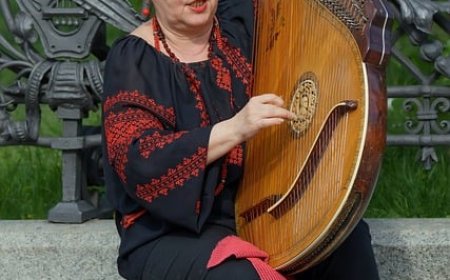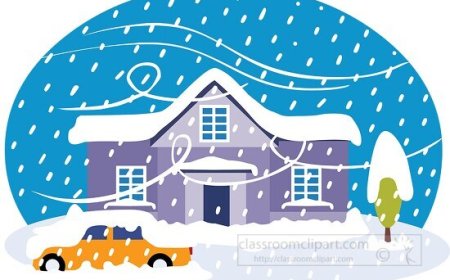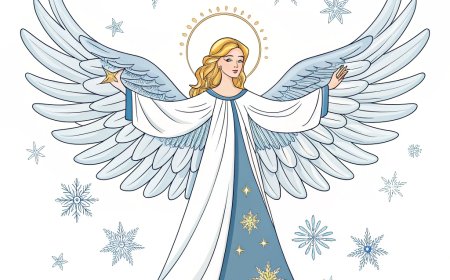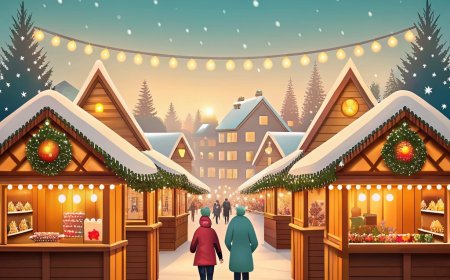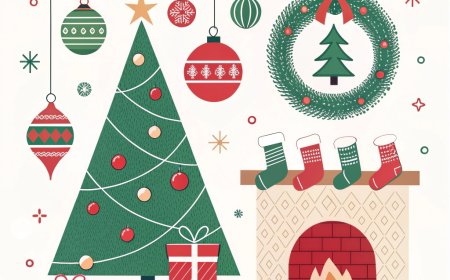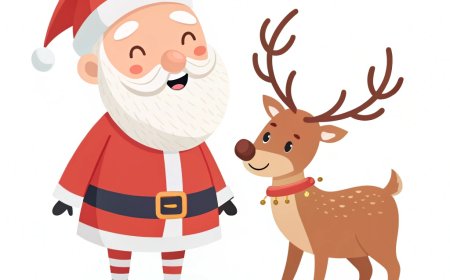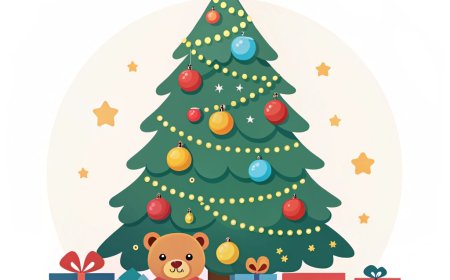Diwali History Traditions and Fun Facts for Students
Learn the history traditions and fun facts of Diwali in this student guide exploring the Hindu festival of lights and its global celebrations
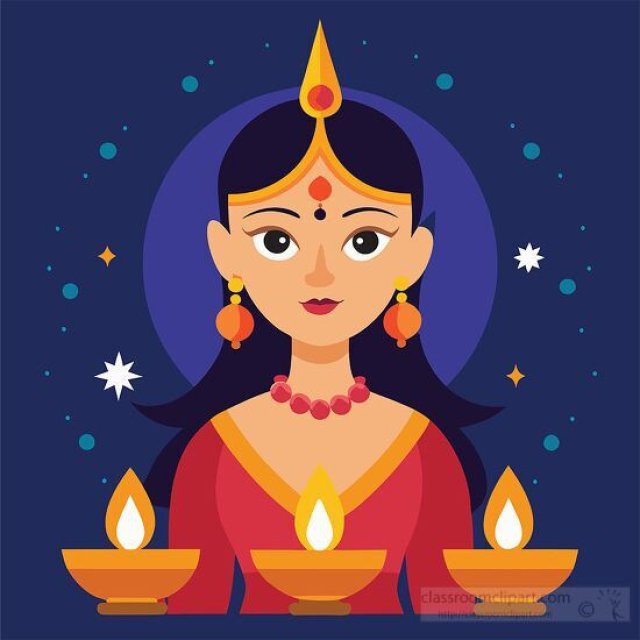
🌟 Introduction
Every autumn, millions of people around the world celebrate Diwali, the Festival of Lights. It's one of the most important holidays in India and for Hindus, Sikhs, Jains, and some Buddhists worldwide.
Diwali is a joyful time filled with glowing lamps, colorful decorations, delicious sweets, and time with family and friends. It's a holiday about light triumphing over darkness, good over evil, and hope over despair.
📜 History and Origins
Diwali's origins come from several ancient stories and traditions in different religions.
-
Hindu Tradition: Diwali celebrates the return of Lord Rama, his wife Sita, and his brother Lakshmana to their kingdom after defeating the demon king Ravana. People lit oil lamps to guide them home.
-
Sikh Tradition: Marks the release of Guru Hargobind Ji from imprisonment.
-
Jain Tradition: Honors the spiritual awakening of Lord Mahavira.
-
Buddhist Tradition (Newar Buddhists): Celebrates the victory of light and knowledge.
Diwali lasts five days, each with its own meaning and customs.
🎉 Traditions and Customs
🪔 Lighting Diyas
Small oil lamps called diyas are placed in homes, streets, and temples.
🎆 Fireworks and Sparklers
People light fireworks to celebrate and drive away evil spirits.
🍬 Sweets and Feasts
Families prepare and share traditional treats like ladoo, barfi, and jalebi.
🎁 Exchanging Gifts
Friends and relatives exchange gifts and sweets as a sign of love and respect.
🏠 Cleaning and Decorating Homes
Before Diwali, families clean and decorate their homes to welcome good fortune.
🌟 Symbols and Meanings
-
🪔 Diyas - Light overcoming darkness.
-
🎆 Fireworks - Celebration and joy.
-
🌸 Rangoli - Colorful floor art welcoming guests.
-
🪙 Lakshmi - Hindu goddess of wealth and prosperity.
🌍 How It's Celebrated Today
Diwali is celebrated not just in India, but in countries with large South Asian communities, such as the UK, Canada, the United States, Singapore, and Australia. Cities hold public events with music, dancing, and light displays. In some places, landmarks are lit in golden colors to mark the occasion.
💡 Fun Facts
-
🗓️ Diwali's date changes each year because it's based on the Hindu lunar calendar.
-
🏙️ The city of Leicester, UK, hosts one of the largest Diwali celebrations outside India.
-
🌸 Rangoli designs are often made with colored powders, flowers, or rice.
-
💰 People buy gold or new items during Diwali for good luck.
📚 Vocabulary List
-
Diwali - Hindu festival of lights.
-
Diyas - Small oil lamps used during Diwali.
-
Rangoli - Colorful designs made on the ground to welcome guests.
-
Prosperity - Success and good fortune.
-
Lunar Calendar - Calendar based on the phases of the moon.
-
Tradition - A custom passed down over time.
-
Festival - A special time of celebration.
-
Good Fortune - Luck or success.
📝 Key Takeaways
-
Diwali is the Festival of Lights, celebrated by Hindus, Sikhs, Jains, and some Buddhists.
-
It symbolizes the victory of light over darkness and good over evil.
-
Celebrations include lighting diyas, fireworks, rangoli art, and feasts.
-
Diwali is celebrated in India and in communities around the world.
-
The date changes each year according to the Hindu lunar calendar.
🧠 Interactive Quiz
1. What is Diwali also called?
A) Festival of Colors
B) Festival of Lights
C) Harvest Festival
D) Festival of Sweets
2. Which religion celebrates Lord Rama’s return during Diwali?
A) Hinduism
B) Buddhism
C) Sikhism
D) Jainism
3. What are diyas?
A) Firecrackers
B) Clay oil lamps
C) Sweets
D) Gold coins
4. How many days does Diwali usually last?
A) 1
B) 3
C) 5
D) 7
5. Which goddess is honored during Diwali for wealth and prosperity?
A) Saraswati
B) Parvati
C) Lakshmi
D) Durga
6. What is rangoli?
A) A sweet dish
B) A type of dance
C) A colorful floor decoration
D) A firework display
7. Why does the date of Diwali change each year?
A) Based on the Hindu lunar calendar
B) Based on the weather
C) Based on the harvest
D) It doesn’t change
8. Which country outside India has one of the largest Diwali celebrations?
A) USA
B) UK
C) Australia
D) Canada






























